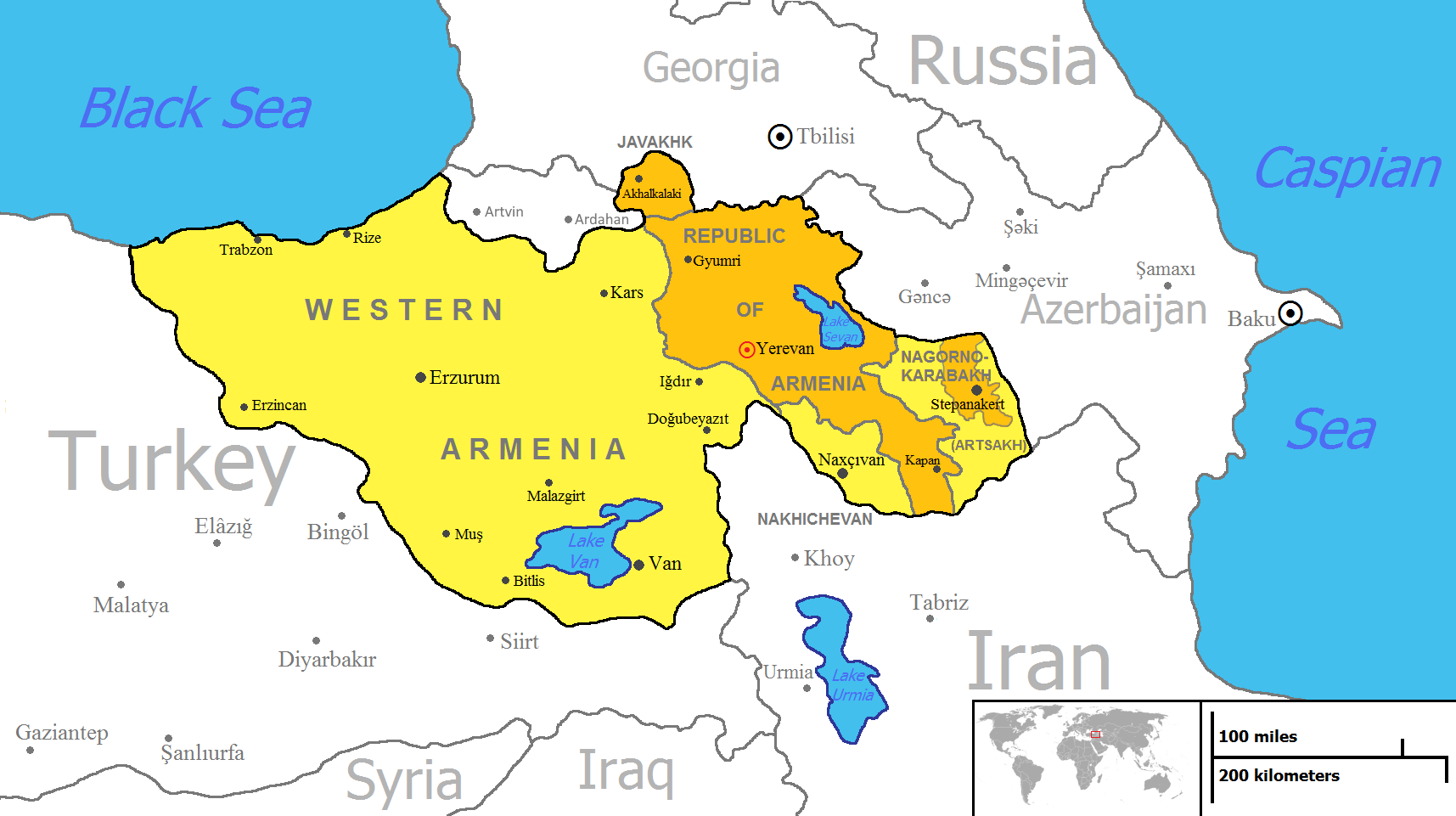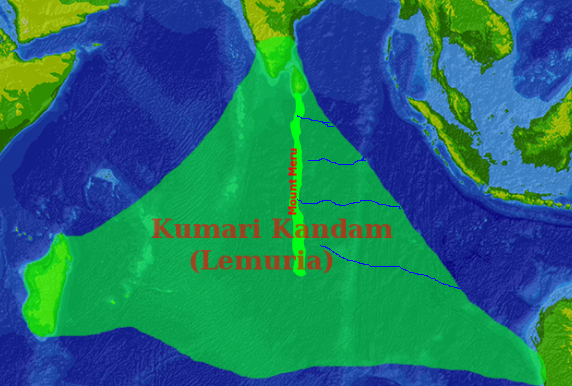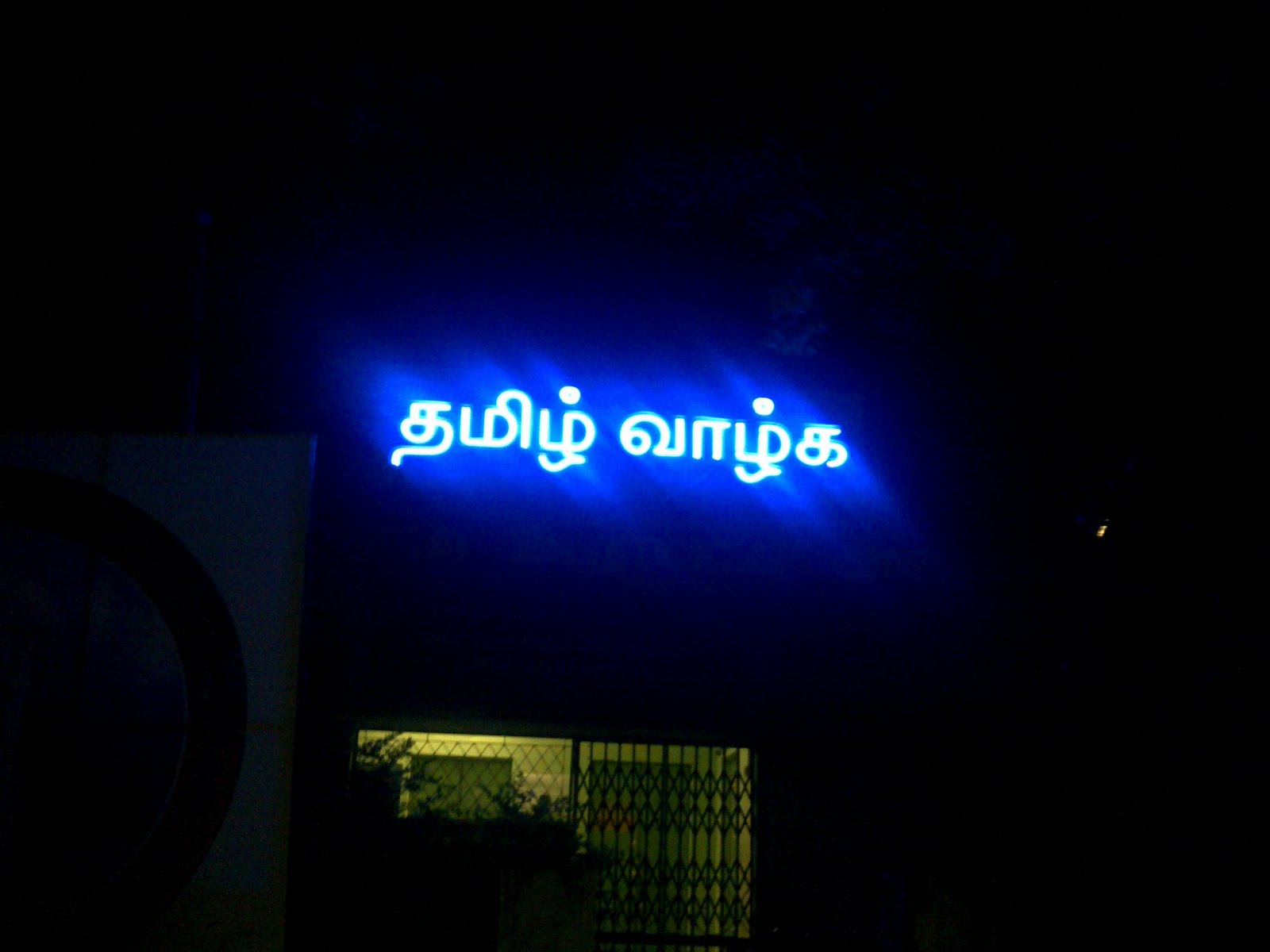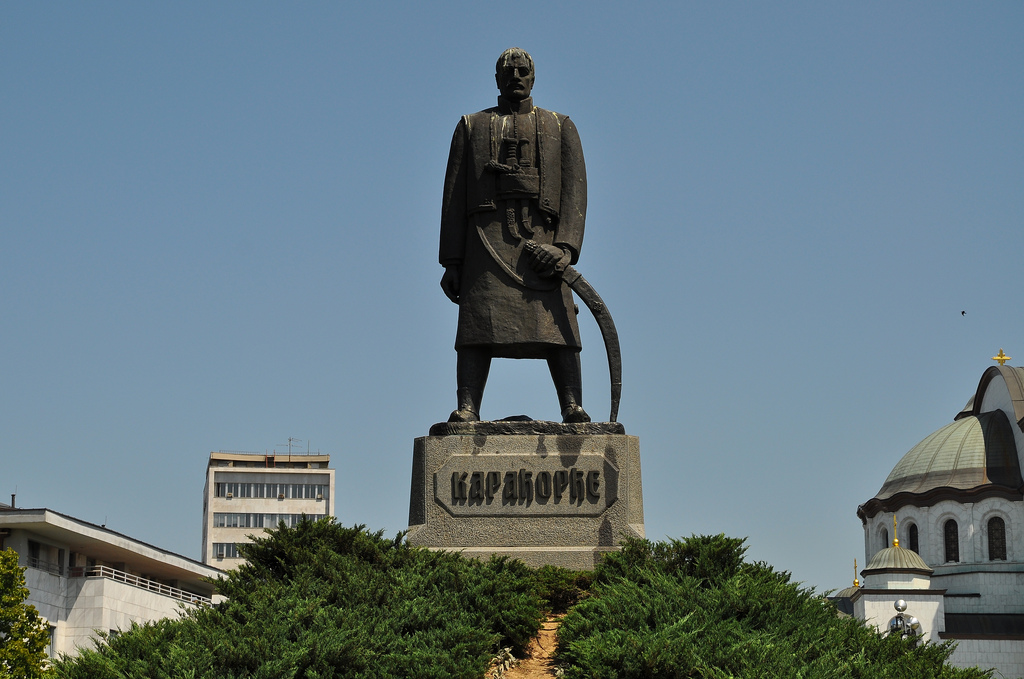|
National Mysticism
National mysticism (German ''Nationalmystik'') or mystical nationalism is a form of nationalism which raises the nation to the status of numen or divinity. Its best known instance is Germanic mysticism, which gave rise to occultism under the Third Reich. The idea of the nation as a divine entity was presented by Johann Gottlieb Fichte. National mysticism is closely related to Romantic nationalism, but goes beyond the expounding of romantic sentiment, to a mystical veneration of the nation as a transcendent truth. It often intersects with ethnic nationalism by pseudohistorical assertions about the origins of a given ethnicity. National mysticism is encountered in many nationalisms other than Germanic or Nazi mysticism and expresses itself in the use of occult, pseudoscientific, or pseudohistorical beliefs to back up nationalistic claims, often involving unrealistic notions of the antiquity of a nation (antiquity frenzy) or any national myth defended as "true" by pseudo-scholarly m ... [...More Info...] [...Related Items...] OR: [Wikipedia] [Google] [Baidu] |
Nationalism
Nationalism is an idea and movement that holds that the nation should be congruent with the State (polity), state. As a movement, nationalism tends to promote the interests of a particular nation (as in a in-group and out-group, group of people),Anthony D. Smith, Smith, Anthony. ''Nationalism: Theory, Ideology, History''. Polity (publisher), Polity, 2010. pp. 9, 25–30; especially with the aim of gaining and maintaining the nation's sovereignty (self-governance) over its homeland to create a nation-state. Nationalism holds that each nation should govern itself, free from outside interference (self-determination), that a nation is a natural and ideal basis for a polity, and that the nation is the only rightful source of political power. It further aims to build and maintain a single national identity, based on a combination of shared social characteristics such as culture, ethnicity, geographic location, language, politics (or the government), religion, traditions and belief ... [...More Info...] [...Related Items...] OR: [Wikipedia] [Google] [Baidu] |
Albanian Nationalism
Albanian nationalism is a general grouping of nationalist ideas and concepts generated by ethnic Albanians that were first formed in the 19th century during the Albanian National Awakening ( sq, Rilindja). Albanian nationalism is also associated with similar concepts, such as Albanianism. "Henceforth, Hoxha announced, the only religion would be "Albanianism." Hoxha was using nationalism as a weapon in his struggle to break out of the Soviet bloc." (''Shqiptaria'' or ''Shqiptarizmi'') and Pan-Albanianism, that includes ideas on the creation of a geographically expanded Albanian state or a ''Greater Albania'' encompassing adjacent Balkan lands with substantial Albanian populations. During the late Ottoman period Albanians were mainly Muslims with religious ties to the ruling Turks in the Ottoman Empire.. "Due to religious ties of the Albanian majority population with the ruling Ottoman Turks and the virtual lack of an Albanian state in history, nationalism was less developed among Al ... [...More Info...] [...Related Items...] OR: [Wikipedia] [Google] [Baidu] |
Martiros Kavoukjian
Martiros Kavoukjian (, ', August 8, 1908 - August 8, 1988) was an Armenian architect, researcher, Armenologist and historian-archaeologist who has written various books on ancient Armenian history. He is best known for his account of Armenian prehistory in ''Armenia, Subartu And Sumer'', published in 1987 in both English and Armenian. Biography Martiros Kavoukjian was born in Nigde, Ottoman Empire on August 8, 1908. His family soon moved to Mosul, which was also at the time part of the Ottoman Empire. Kavoukjian graduated from the American University of Beirut in 1934 majoring in Architectural engineering, then worked as the chief municipal architect of Mosul, Iraq during the period from 1941 to 1947. In Iraq, he designed and built both governmental and residential buildings. Kavoukjian immigrated to Armenia in 1947, and in 1947-1979, he played a key role within the "Great Rebuilding Project" of Armenia as the chief architect, building numerous federal, public, industrial, and ... [...More Info...] [...Related Items...] OR: [Wikipedia] [Google] [Baidu] |
Armenian Nationalism
Armenian nationalism in the modern period has its roots in the romantic nationalism of Mikayel Chamchian (1738–1823) and generally defined as the creation of a free, independent and united Armenia formulated as the Armenian Cause ( hy, Հայ Դատ, or ''Hye Dat''). Armenian national awakening developed in the 1880s in the context of the general rise of nationalism under the Ottoman Empire. The Russian Armenia followed with significant causes. The Armenian Apostolic Church has been a great defender of Armenian nationalism, with leaders like Khrimian Hayrik who devoted his life to the peasantry. The establishment of modern Armenia (1991) and Armenian social fabric becoming more complex gradually decrease the political influence of Hay Dat and shifted towards a modern Armenian nationalism modeled as a liberal nationalism. National awakening The situation of the non-Muslim minorities within the Ottoman Empire changed substantially as a result of reforms introduced during the ... [...More Info...] [...Related Items...] OR: [Wikipedia] [Google] [Baidu] |
Devaneya Pavanar
Devaneya Pavanar (also known as G. Devaneyan, Ñanamuttan Tevaneyan; 7 February 1902 – 15 January 1981) was a prominent Tamil scholar who wrote over 35 research volumes. Additionally, he was a staunch proponent of the "Pure Tamil movement" and initiated the Etymological Dictionary Project primarily to bring out the roots of Tamil words and their connections and ramifications with Nostratic studies. In his 1966 ''Primary Classical language of the World'', he argues that the Tamil language is the "most natural" (') and also a proto-world language, being the oldest (') language of the world, from which all other major languages of the world are derived. He believed that its literature, later called Sangam literature and usually considered to have been written from 200 BCE and 300 CE, spanned a huge period from 10,000 to 5,500 BCE. Mainstream linguists, geologists and historians do not subscribe to his theories. Devaneya Pavanar composed many musical pieces (''Isaik kalambakam'' ... [...More Info...] [...Related Items...] OR: [Wikipedia] [Google] [Baidu] |
Tamil Nationalism
Tamil nationalism is the ideology which asserts that the Tamil people constitute a nation and promotes the cultural unity of Tamil people. Tamil nationalism is primarily a secular nationalism, that focus on language and homeland. It expresses itself in the form of linguistic purism ("Pure Tamil"), nationalism and irredentism ("Tamil Eelam"), Social equality (" Self-Respect Movement") and Tamil Renaissance. Originally, Tamil people ruled in Tamilakam and parts of Sri Lanka. During the colonial period, the Tamil areas came under the rule of British India and Ceylon. This saw the end of the sovereignty of Tamils and reduced them to minority status under a political model implemented during the British Raj. Since the independence of India and Sri Lanka, Tamil separatist movements have been actively suppressed in both countries. Sri Lanka Since the adoption of the Vaddukoddai Resolution in 1976 under the leadership of S.J.V. Chelvanayakam, Tamil nationalists in Sri Lanka have re ... [...More Info...] [...Related Items...] OR: [Wikipedia] [Google] [Baidu] |
Hindu Nationalism
Hindu nationalism has been collectively referred to as the expression of social and political thought, based on the native spiritual and cultural traditions of the Indian subcontinent. "Hindu nationalism" or the correct term ''Hindū rāṣṭravāda'' is a simplistic translation and it is better described with the term "Hindu polity". The native thought streams became highly relevant in Indian history when they helped form a distinctive identity in relation to the Indian polityChatterjee Partha (1986) and provided a basis for questioning colonialism.Peter van der Veer, Hartmut Lehmann, Nation and religion: perspectives on Europe and Asia, Princeton University Press, 1999 These also provided inspiration to Indian nationalists during the independence movement based on armed struggle,Li Narangoa, R. B. Cribb ''Imperial Japan and National Identities in Asia'', 1895–1945, Published by Routledge, 2003 coercive politics,Bhatt, Chetan, ''Hindu Nationalism: Origins, Ideologies and M ... [...More Info...] [...Related Items...] OR: [Wikipedia] [Google] [Baidu] |
Manifest Destiny
Manifest destiny was a cultural belief in the 19th century in the United States, 19th-century United States that American settlers were destined to expand across North America. There were three basic tenets to the concept: * The special virtues of the American people and their institutions * The mission of the United States to redeem and remake the Western United States, West in the image of the History of agrarianism#United States, agrarian Eastern United States, East * An irresistible destiny to accomplish this essential duty Historians have emphasized that "manifest destiny" was always contested; many endorsed the idea, but the large majority of Whig Party (United States), Whigs and many prominent Americans (such as Abraham Lincoln and Ulysses S. Grant) rejected the concept. Historian Daniel Walker Howe writes, "American imperialism did not represent an American consensus; it provoked bitter dissent within the national polity while the ''Whigs'' saw America's moral missio ... [...More Info...] [...Related Items...] OR: [Wikipedia] [Google] [Baidu] |
Serbian Nationalism
Serbian nationalism asserts that Serbs are a nation and promotes the cultural and political unity of Serbs. It is an ethnic nationalism, originally arising in the context of the general rise of nationalism in the Balkans under Ottoman rule, under the influence of Serbian linguist Vuk Stefanović Karadžić and Serbian statesman Ilija Garašanin. Serbian nationalism was an important factor during the Balkan Wars which contributed to the decline of the Ottoman Empire, during and after World War I when it contributed to the dissolution of the Austro-Hungarian Empire, and again during the breakup of Yugoslavia and the Yugoslav Wars of the 1990s. After 1878, Serbian nationalists merged their goals with those of Yugoslavists, and emulated the Piedmont's leading role in the ''Risorgimento'' of Italy, by claiming that Serbia sought not only to unite all Serbs in one state, but that Serbia intended to be a South Slavic Piedmont that would unite all South Slavs in one state known as ... [...More Info...] [...Related Items...] OR: [Wikipedia] [Google] [Baidu] |
Battle Of Kosovo
The Battle of Kosovo ( tr, Kosova Savaşı; sr, Косовска битка) took place on 15 June 1389 between an army led by the Serbian Prince Lazar Hrebeljanović and an invading army of the Ottoman Empire under the command of Sultan Murad Hüdavendigâr. The battle was fought on the Kosovo field in the territory ruled by Serbian nobleman Vuk Branković, in what is today Kosovo, about northwest of the modern city of Pristina. The army under Prince Lazar consisted of his own troops, a contingent led by Branković, and a contingent sent from Bosnia by King Tvrtko I, commanded by Vlatko Vuković. Prince Lazar was the ruler of Moravian Serbia and the most powerful among the Serbian regional lords of the time, while Branković ruled the District of Branković and other areas, recognizing Lazar as his overlord. Reliable historical accounts of the battle are scarce. The bulk of both armies were wiped out, and Lazar and Murad were killed. However, Serbian manpower was dep ... [...More Info...] [...Related Items...] OR: [Wikipedia] [Google] [Baidu] |
Philippine Nationalism
Filipino nationalism refers to the establishment and support of a political identity associated with the modern nation-state of the Philippines, leading to a wide-ranging campaign for political, social, and economic freedom in the Philippines. This gradually emerged from various political and armed movements throughout most of the Spanish East Indies—but which has long been fragmented and inconsistent with contemporary definitions of such nationalism—as a consequence of more than three centuries of Spanish rule. These movements are characterized by the upsurge of anti-colonialist sentiments and ideals which peaked in the late 19th century led mostly by the ilustrado or landed, educated elites, whether ''peninsulares'', ''insulares'', or native (''Indio''). This served as the backbone of the first nationalist revolution in Asia, the Philippine Revolution of 1896. The modern concept would later be fully actualized upon the inception of a Philippine state with its contemporary bo ... [...More Info...] [...Related Items...] OR: [Wikipedia] [Google] [Baidu] |





.jpg)

